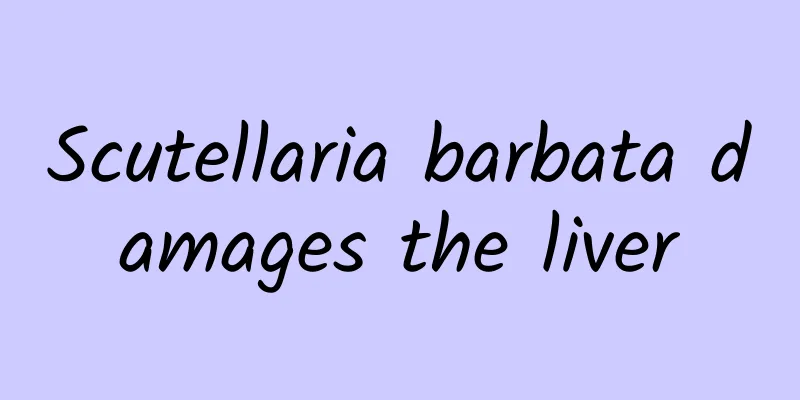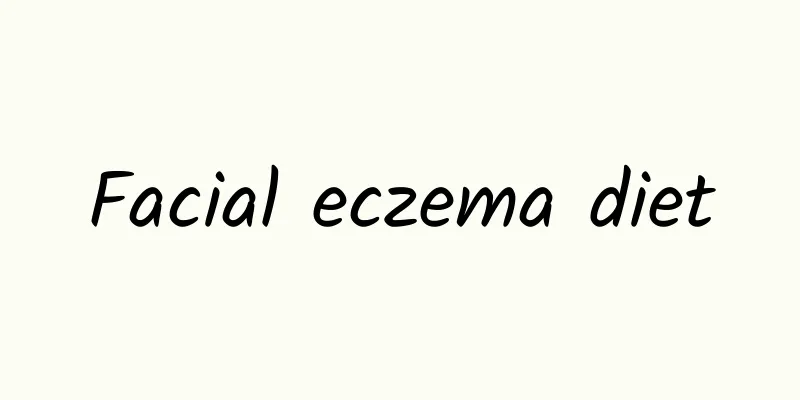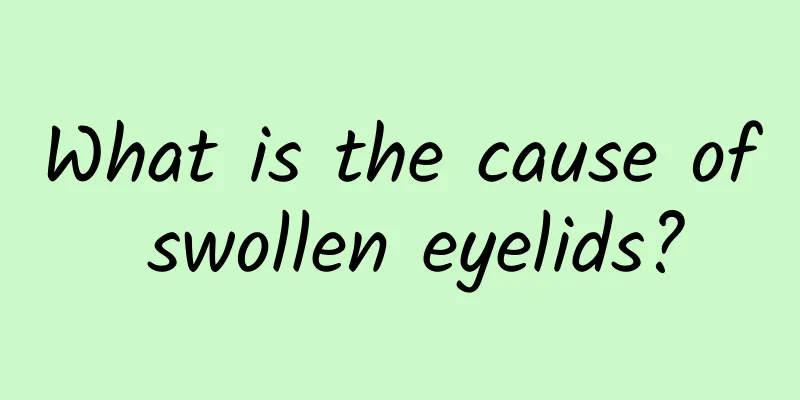Chinese medicine prescription for kidney cyst

|
Renal cyst is also a disease that can grow on the human kidneys, and the incidence rate is relatively high. The older the man is, the greater the chance of developing renal cysts. Generally, renal cysts do not cause any serious physical symptoms. Only when the renal cysts grow larger and compress the blood vessels or urinary tract above the kidneys will they cause relevant symptoms. So what Chinese medicines can be used in the treatment of renal cysts? 1. TCM treatment of renal cysts 1.1. Syndrome of damp-heat accumulation in kidney: Traditional Chinese medicine treatment of renal cysts causes limb edema, difficulty urinating, burning and stinging pain. Yellow or red in color, with distension and pain in the waist and back, greasy mouth and poor appetite, thirst without desire to drink, bloating and heaviness in the body, red tongue, yellow and greasy coating, and weak and rapid pulse. Clears heat and removes dampness. Representative prescriptions: Siling Powder, Bazheng Powder, and Xiaoji Yinzi with modifications. 1.2. Syndrome of water retention due to deficiency of spleen and kidney yang: TCM treatment of renal cysts is characterized by obvious edema, pale complexion, fear of cold and cold limbs, sore waist and legs, fatigue, poor appetite or loose stools. TCM treatment of renal cysts is characterized by scanty or long clear urination, a cyst-like mass in the lower abdomen, a pale and plump tender tongue, a white and slippery tongue coating, a deep and thready pulse, or a deep and weak pulse. TCM treatment of renal cysts is to warm and tonify the spleen and kidneys, and promote diuresis and reduce edema. Representative prescription: Fuzi Lizhong Decoction combined with Zhenwu Decoction with modifications. 1.3. Kidney deficiency, blood stasis and water accumulation syndrome: Traditional Chinese medicine treatment of kidney cysts can cause limb edema, oliguria, soreness of waist and knees, tinnitus, dark lips, dark eye sockets, dark purple nails, distending pain or stabbing pain in waist, tenderness of lower abdominal mass, pale and dark tongue, and thin and wiry pulse. Traditional Chinese medicine treatment of renal cysts tonifies the kidney, promotes diuresis, and promotes blood circulation and removes blood stasis. Representative prescription: Traditional Chinese medicine treatment of renal cysts includes Youguiyin combined with Shaofu Zhuyu Decoction and modified Wuling San. 2. What is a renal cyst? Simple renal cyst is the most common and mildest type of renal cystic disease. It is common in adults over 50 years old and rare in children, so it may be acquired. It can be solitary or multiple, more common in males and in the left kidney, often unilateral, and may also be combined with contralateral renal lesions. 3. Symptoms and signs of renal cysts Simple renal cysts often occur in adulthood, generally have no clinical symptoms, do not affect renal function, and occasionally require medical treatment due to hematuria. The vast majority of patients are discovered accidentally during B-ultrasound or CT examinations. Urinalysis was normal, and hematuria was rare. However, renal cysts can cause abdominal pain, abdominal masses, high blood pressure, etc. If the cyst ruptures into the renal pelvis and calyceal system, hematuria may occur. Cysts can also cause obstruction symptoms of the renal pelvis and calyces. Causes of Renal Cysts According to nephrology experts, renal cyst is a general term for cystic lesions that appear inside the kidney and are not connected to the outside world. Most are congenital, while a few are acquired or indeterminate. With the popularization of physical examinations and the widespread use of B-ultrasound and CT, the detection rate of renal cystic disease has increased significantly and has become a common kidney disease in clinical practice. The main causes of kidney cysts are as follows: 1. Congenital maldevelopment. Congenital maldevelopment can cause a variety of diseases. For cystic kidney disease, it can mainly cause medullary sponge kidney, dysplastic polycystic kidney disease, etc. The genes of congenital maldevelopment are generally not abnormal, so it is different from genetic inheritance or gene mutation. 2. Gene mutation (non-hereditary). For patients with renal cysts, most of them are inherited through the genes of their parents, which is divided into autosomal dominant inheritance and autosomal recessive inheritance. However, some patients with polycystic kidney disease do not inherit from their parents, nor do they have congenital dysplastic polycystic kidney disease, but rather gene mutations during embryo formation. 3. Diet: You may not know that bad eating habits may cause many diseases, and of course it is also an important factor in the occurrence, development and change of cystic disease. |
<<: Representative prescriptions for nourishing blood and softening the liver
>>: Formula for treating gout with Chinese yam
Recommend
What causes excessive sweating on the forehead?
Excessive sweating on the forehead is quite commo...
Is ceftriaxone effective for otitis media?
I believe that otitis media is not unfamiliar to p...
Can garlic and vinegar cure onychomycosis?
Onychomycosis is a skin disease caused by fungal ...
Why do I get red spots and itch after shaving?
Some people will experience itchy skin and red sp...
How to treat plantar warts
Plantar warts are also a common wart caused by in...
Don’t do it at 4 in the morning and don’t do it at 5 in the evening! Men and women must watch
Health and longevity are what modern people desir...
What are the symptoms of ice skating addiction?
Ice skating generally refers to the use of metham...
Can rhinitis cause dry mouth?
Patients with rhinitis generally cannot tolerate ...
What are the dangers of moderate anemia?
Perhaps many people do not think that anemia is a...
What is a healthy diet for seborrheic dermatitis of the scalp?
The occurrence of scalp seborrheic dermatitis is ...
Gout diet tips, what to eat for gout?
Gout is a group of metabolic disorders caused by ...
What should I do if my mouth corners are ulcerated during pregnancy?
Getting angry is the most common phenomenon in li...
Why do you feel uncomfortable during menopause?
Menopause is a transition period that almost ever...
Is it better to use red or white coix seed to remove dampness?
In terms of medicinal value, small coix seeds are...
How to judge hair follicle necrosis
Having thick hair is the wish of many people, esp...









